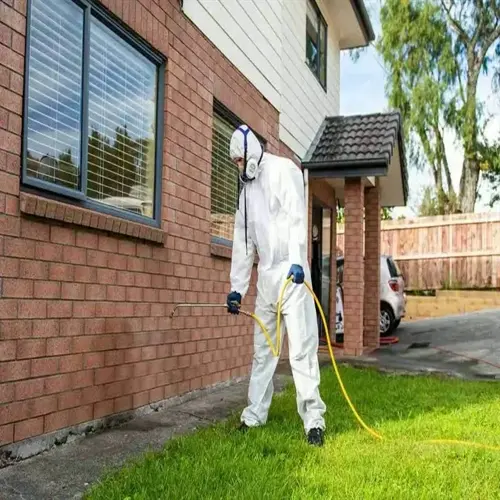What immediate steps fix critically low pH soil?

Written by
Olivia Mitchell
Reviewed by
Prof. Charles Hartman, Ph.D.Soil at a dangerously low pH of under 5.0 needs immediate assistance to salvage the plants. Alkaline conditions, in turn, will release poisonous aluminum, which disturbs the roots of plants for weeks. I rescued blueberry bushes that were almost dead; within 48 hours, analysis showed a pH of 4.3. Fast fix salvages the plants.
Calcitic Lime
- Raises pH fastest: works in 2-4 days
- Apply 10-15 lbs per 100 sq ft
- Contains pure calcium carbonate
Dolomitic Lime
- Use when magnesium deficiency exists
- Apply 8-12 lbs per 100 sq ft
- Provides both calcium and magnesium
Wood Ash
- Fast alkalinity boost from potassium carbonate
- Apply 5-8 lbs per 100 sq ft
- Avoid on acid-loving plants
Hydrated Lime
- Extreme cases only: pH below 4.0
- Apply 5 lbs per 100 sq ft maximum
- Water immediately to prevent root burn
Make changes properly for safety. Wear gloves and a mask when handling lime. Thoroughly water after application to activate the ingredients. With potted plants, I work lime into the top 2 inches of soil. Please avoid contact with plant leaves, as they may cause burns to the foliage.
Pay close attention to the plants after treatment. New white root growth will indicate recovery in 1-2 weeks. Yellow leaves will not green up, but new growth should be healthy. Soil pH should be retested 4 weeks later using professional laboratory analysis. This will prevent over-correction and associated alkaline problems.
Address the root causes of the problem to prevent future issues. Stop using acidifying fertilizers, such as ammonium sulfate. Add compost to help naturally buffer the pH. Install rain barrels. Acidic rainwater is a significant contributor to low soil pH levels. It is important to act quickly, but with prevention, your growing grounds will be stable.
Read the full article: Soil pH Testing: The Complete How-To Guide

